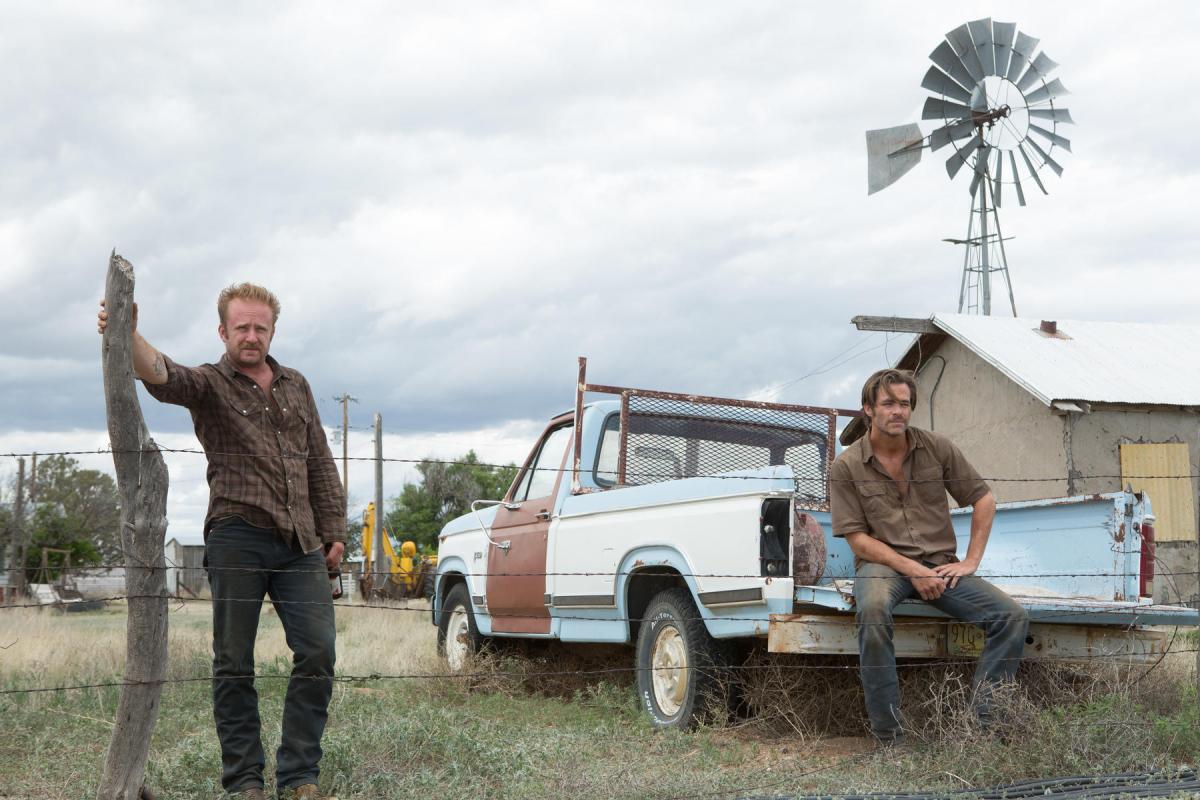October again and time for my brief trip to the London Film Festival. South of Doncaster the landscape through the train window gradually emerges out of green-grey mist, turning into that chilly but bright weather I associate with the festival, making walking between screenings a pleasure and an ice-cream-scoffing promenade along the South Bank between films a possibility. I have a particular fondness for the area in front of the old County Hall, where once a friend and I came upon Hitchcock directing the retrieval of a ‘necktie murder’ corpse from the Thames for Frenzy.
Turns out there will be no such brushes with the great this time. Most years come up with at least one masterpiece – last year Aferim!, 2014 P’tit Quinquin. But I’m ever hopeful, and set off from King’s Cross en route for my first film, pausing for a sustaining Laksa at the splendid C&R Malaysian cafe in Rupert Court . Wonderful though the taste is, I like this dish as much for its colours – bright yellow broth with red flecks of chilli decked with vibrant green slivers of cucumber and spring onion, with pure white fishballs and mysterious cream-coloured presences (chicken, rice vermicelli, and spongy dumplings) lurking in its depths. Structured like a good film. My son and I set off to the Mall for the ICA, our stomachs well battened down for what promises to be a queasy watch.
You always approach an Ulrich Seidl film with some trepidation, and Safari, in which he turns his relentless eye on his fellow Austrian big-game hunting tourists, promise to be challenging. Hunting, from political, environmental and moral perspectives, is actually an easy subject to be shocked about, but with Seidl it’s never that straighforward. A family of four posh recreational hunters, two sun-toughened parents and their callow excited young folk, talk of their love of the ‘sport’, the merit of their weapons, their justifications for hunting, their admiration for the animals, and we see them led by a white guide to prime spots where they can easily find the quarry of their choice. It could be an eland, a zebra (the young lad specially likes them), a giraffe, even… they speak with longing of elephants, but it looks like even this very upmarket ranch baulks at that. Driven and then helped along with their huge gun paraphernalia, they’re set up and instructed by the guide, who also steadies the tripod for them or buffers their arm. It usually takes a couple of shots, but once the guide has verified the death they advance to gaze on their good work, going through an odd ritual of placing grass inside the mouth, raising the head on a stone, and posing for pictures, after a merry ‘Hunter’s Hail!’ (an upmarket high five) is given to the proud killer. Quite what their joy can be founded on can only be the killing itself, since little skill is apparent, nor tracking skills nor, certainly, bravery, and this is what is perhaps the most shocking. They talk about it as if it’s a kind of love.
While the hunters are taken back to their well-appointed lodgings, the native workers move in, to get the body back and prepare it, expertly skinning off the pelt and dismembering. They appear to feast on the less-presentable bits later. And the presentation of these black workers is problematic – they show a kind of skill and resilience absent in the hunters, in fact there’s a kind of pleasure in watching their expert skinning moves, but they do not speak, and are shown in a exactly the same distancing way. Is this a statement about oppression and colonialism? Or is it actually denigrating them to the level of dumb victims themselves, or showing them as a kind of romantic Unknown?
Elsewhere a stout pair of pensioners sunbathe, drink, and recite the prices of various prey from a list, more comical than threatening – am I right in thinking this couple also appeared in their own domestic setting 2 years ago in Seidl’s In The Basement? These two in particular appear in his trademark icy style, symmetrical, still, warts and all, bold-facedly confronting the camera as if they don’t know the director’s intentions, or don’t care, rather like the poor giraffe later who pops up his amiable face to watch the gun setting up to shoot him. You can see why Seidl is interested in hunting – it’s what he does himself.




